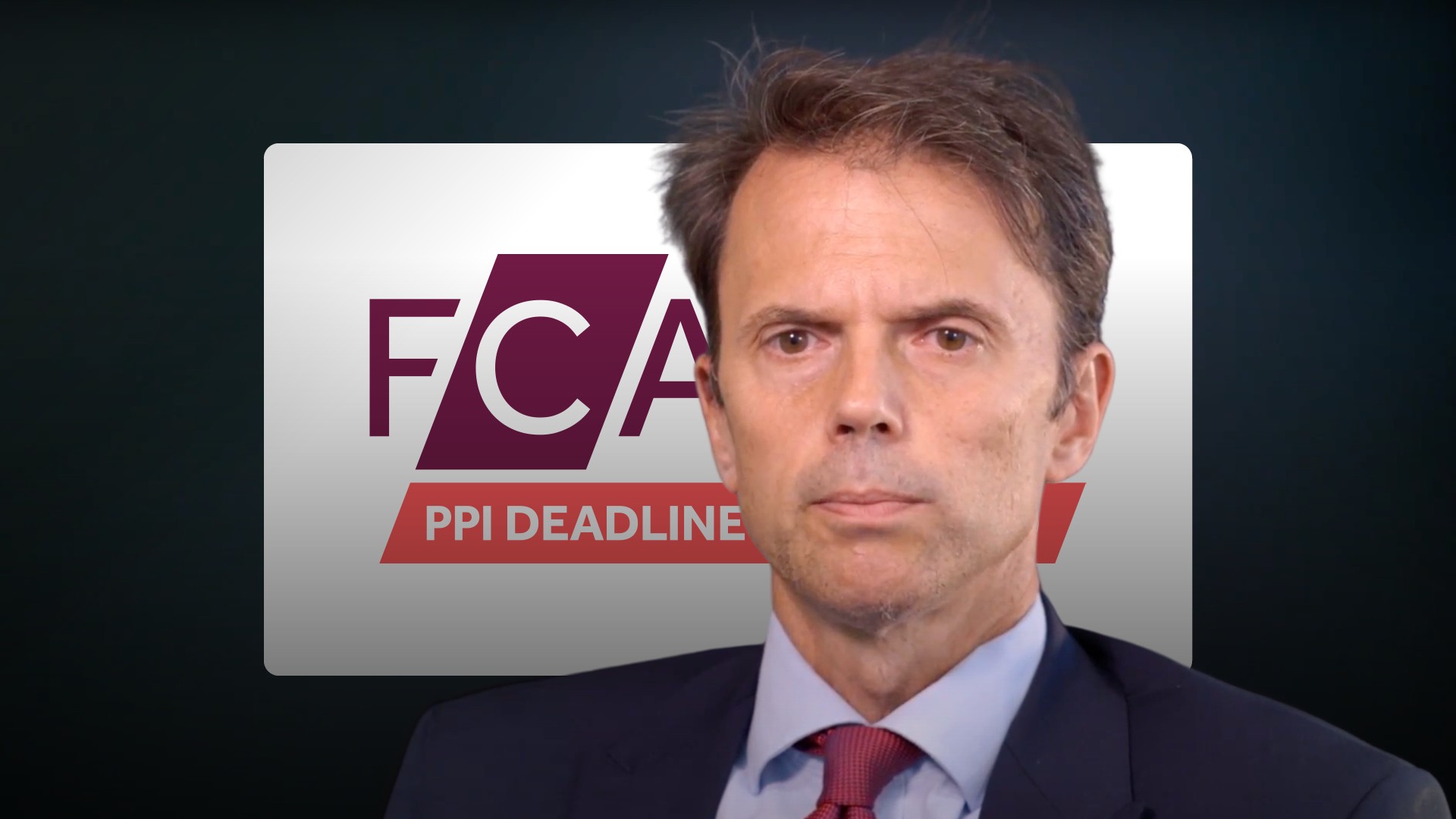
What is Payment Protection Insurance (PPI)?

James Eves
30 years: Equity capital markets
James’ discussion of PPI details its purpose of protecting retail and consumer customers against the risk of nonpayment from a variety of different avenues.
James’ discussion of PPI details its purpose of protecting retail and consumer customers against the risk of nonpayment from a variety of different avenues.

What is Payment Protection Insurance (PPI)?
2 mins 51 secs
Key learning objectives:
Define PPI and understand the regulation in place regarding it
Overview:
Payment Protection Insurance is a product designed to protect a bank’s retail customer base against the risks of non-payment in the case of loss of employment, sickness or disability.
What is Payment Protection Insurance?
Payment Protection Insurance (PPI) is a credit insurance product designed to protect retail and consumer customers against the risks of non-payment of a wide variety of debt in the event of loss of employment, sickness, disability or inability to work.
For which financial products did UK customers request PPI?
In the UK, PPI was widely taken out against:
- Secured and unsecured loans
- Mortgages
- Overdrafts
- Credit cards and store cards
- Hire purchase agreements
- Other types of consumer debt
What policies are in place to monitor PPI providers and protect customers?
In 2005, the Financial Services Authority, the then UK financial services regulator, took on responsibility for general insurance products. While not all PPI policies were mis-sold, by the following year, the FSA had issued its first fines against PPI providers for mis-selling.
At the same time, buyers started claiming restitution of premiums or compensation on the basis that:
- They did not understand what they were buying
- They did not realise that PPI was optional
- They were misled into believing PPI was obligatory and were subjected to high-pressure sales tactics
- They were unsuitable to be sold PPI because they were not eligible to claim on insurance products
- Banks added PPI to debt products without their customers’ knowledge
In 2017, the so-called Plevin ruling allowed PPI customers a further channel to claim compensation: if sellers made sales commission in excess of 50% or more of total PPI premiums, but did not disclose this to customers, this contravened the 1974 Consumer Credit Act.
The PPI saga reached a watershed in 2011 when the High Court in judicial review found against the challenge brought by banking lobby group, the British Bankers’ Association, against the FSA and the Financial Ombudsman. The BBA’s complaint was that FSA rules to prevent future mis-selling would be applied retrospectively.

James Eves
There are no available Videos from "James Eves"

